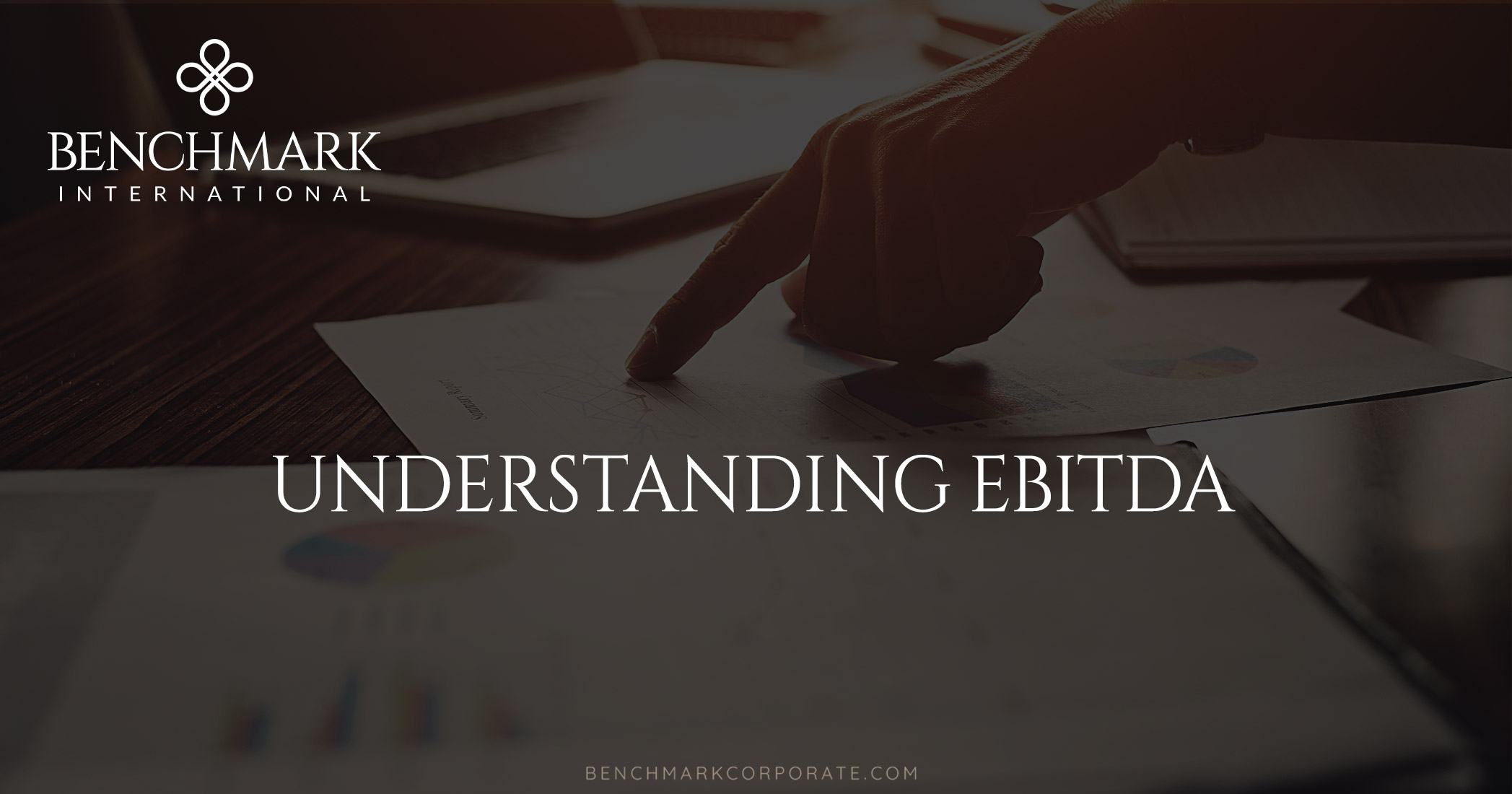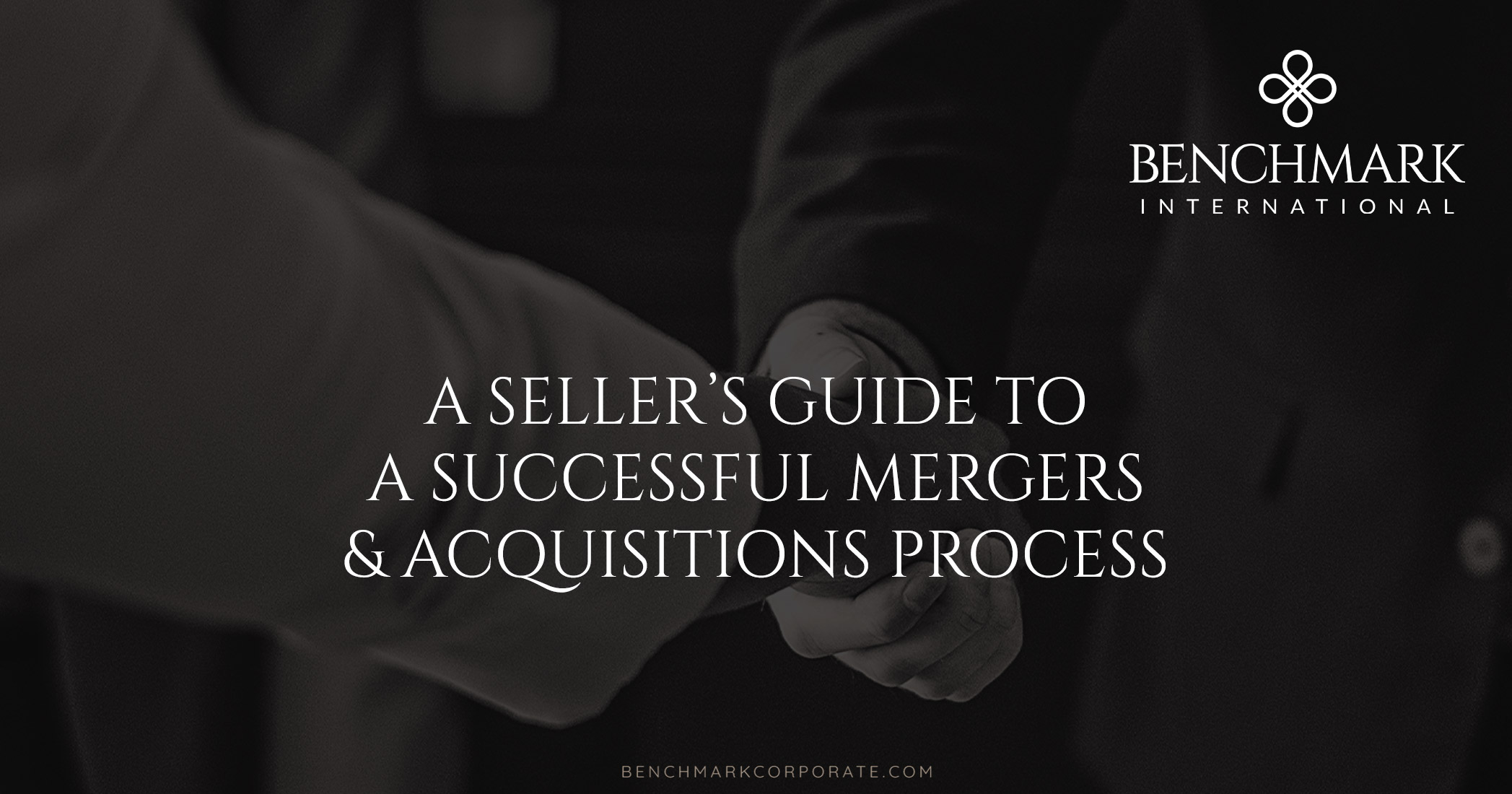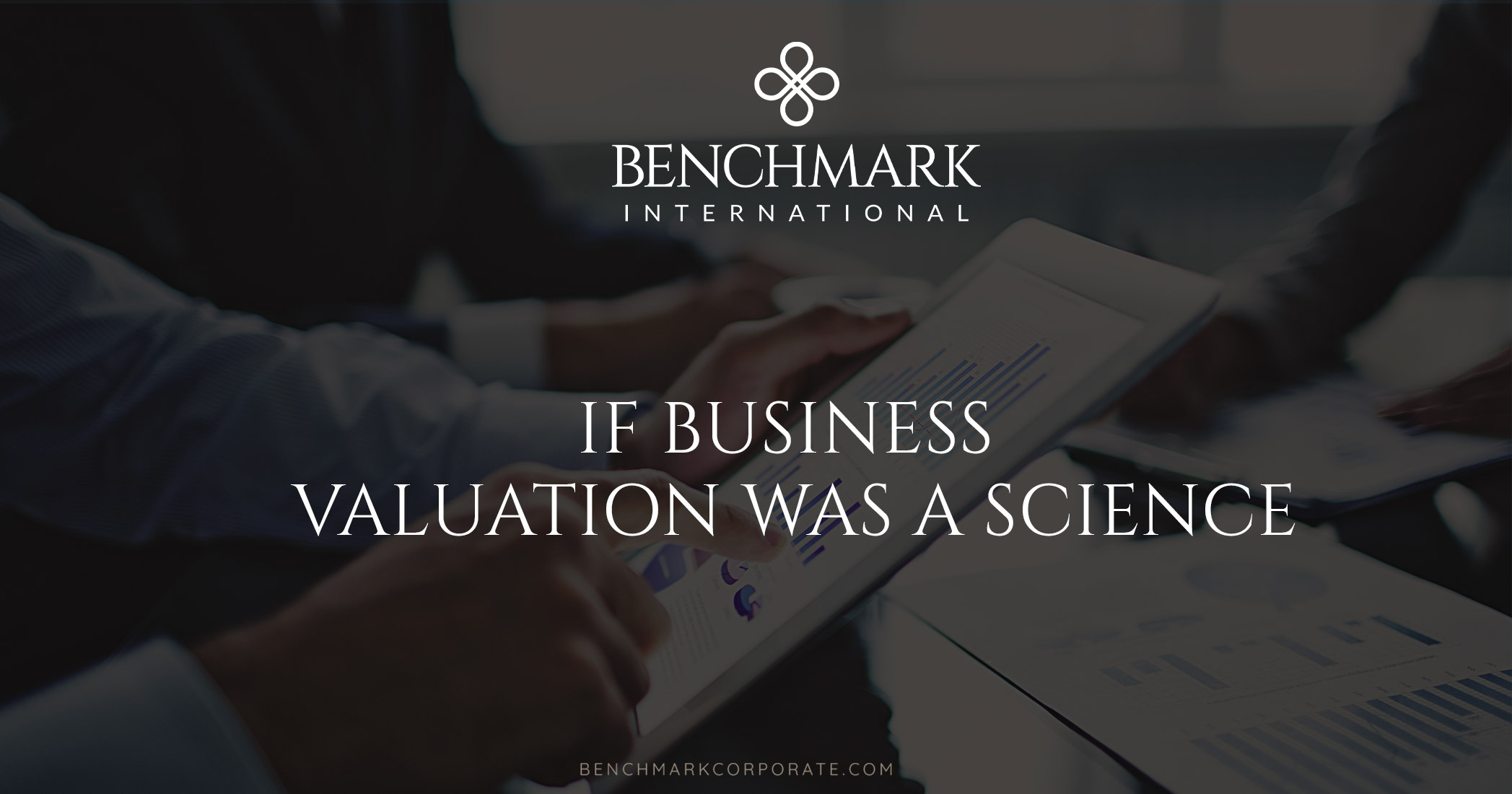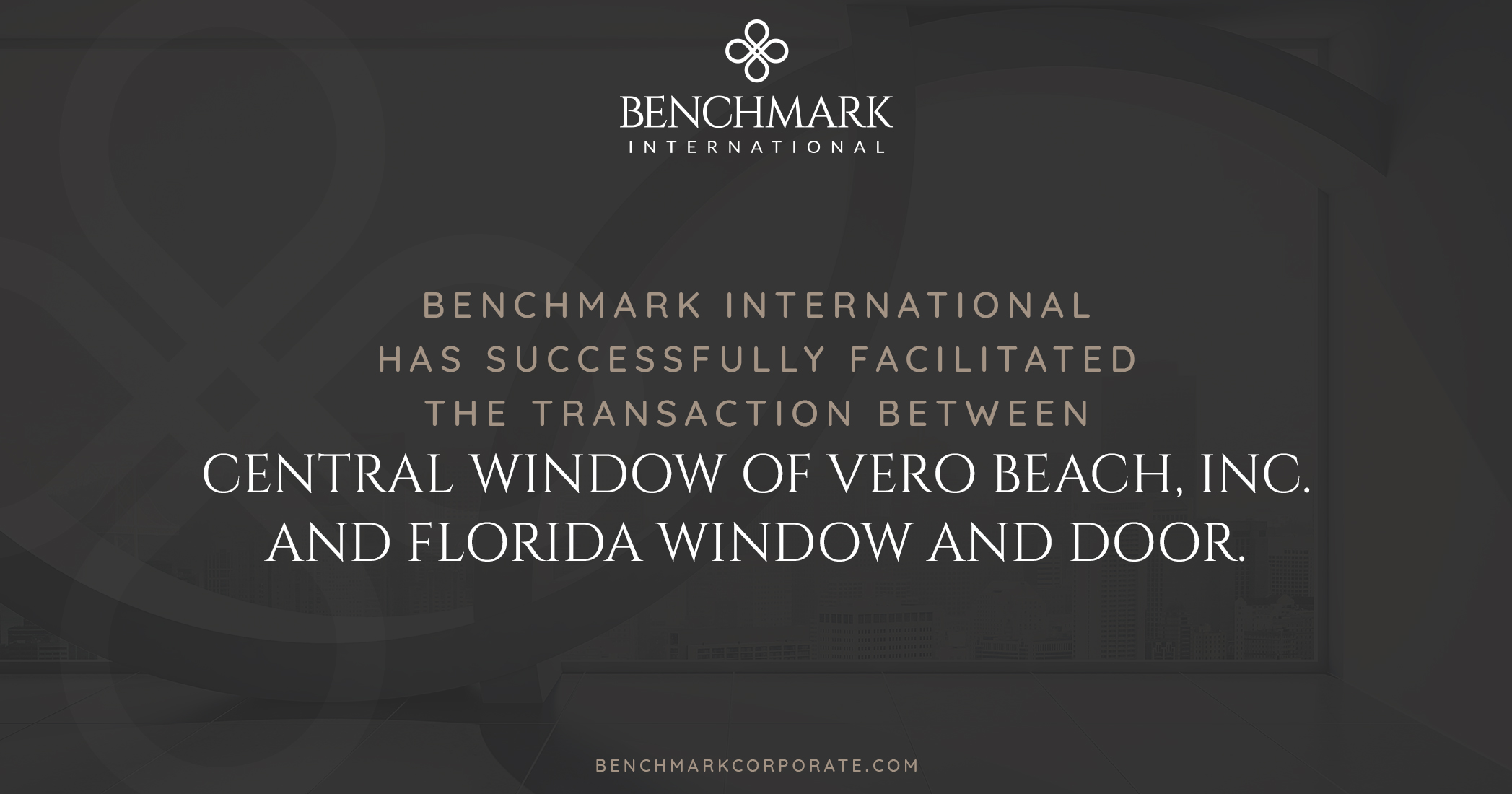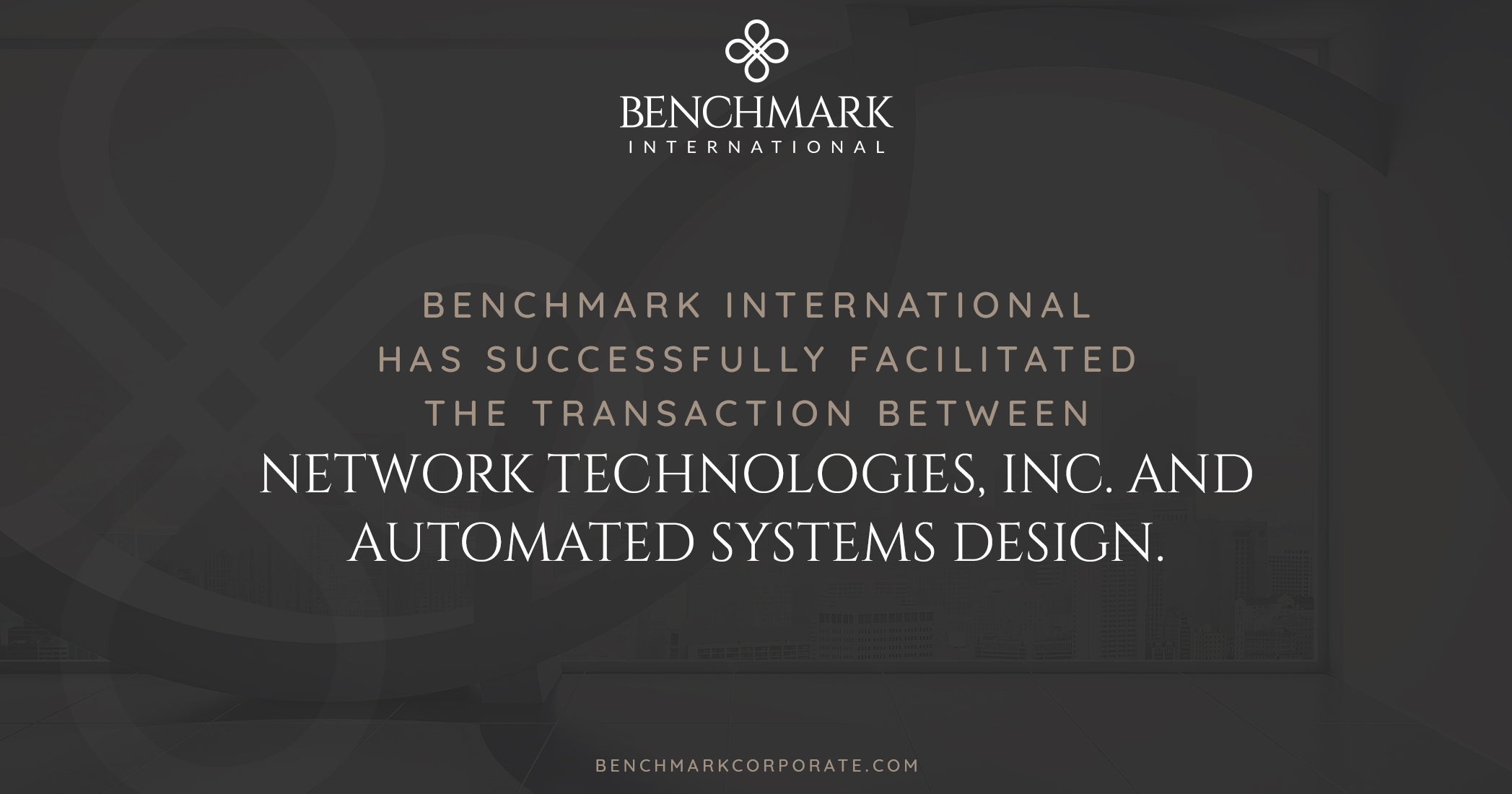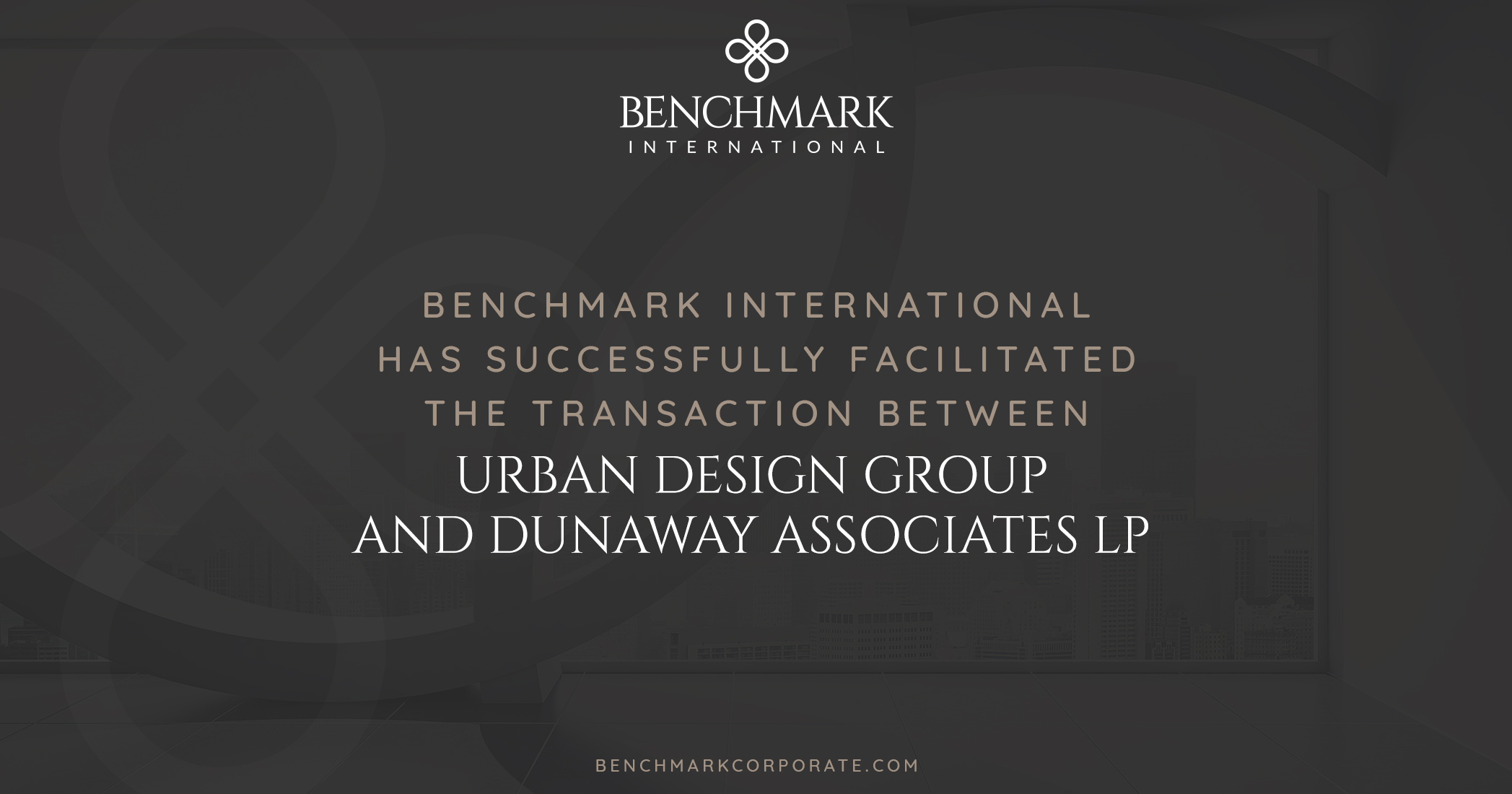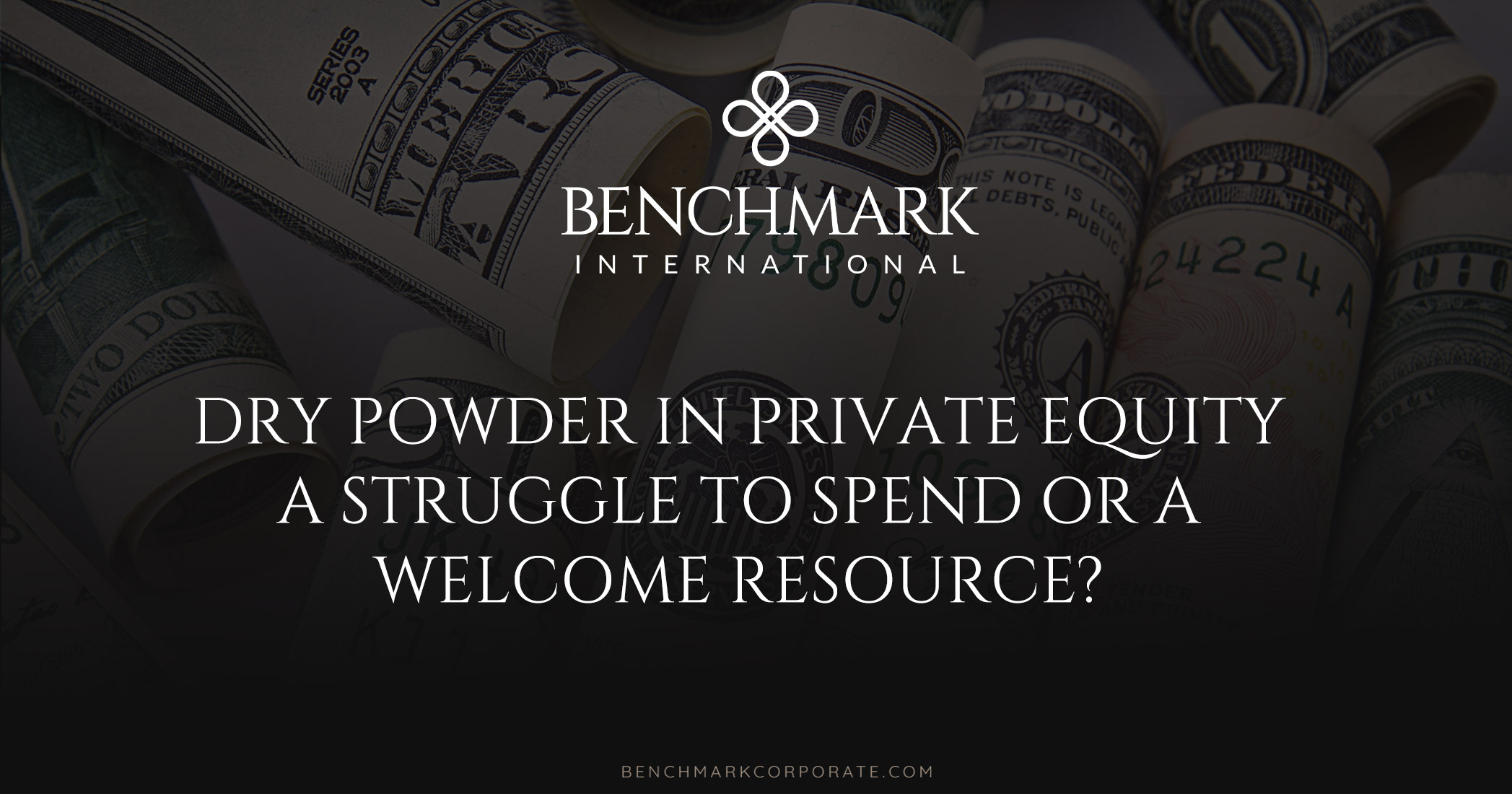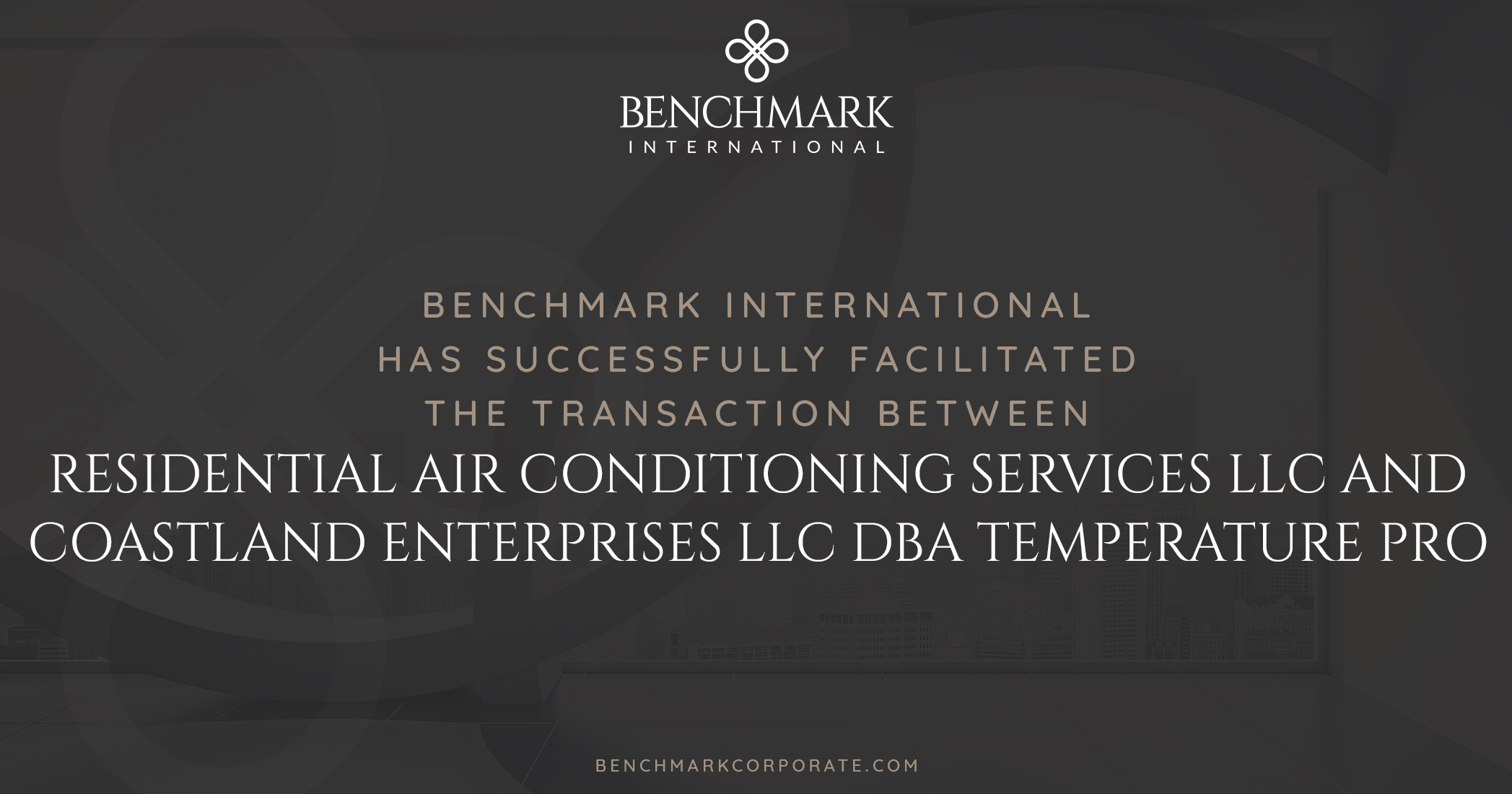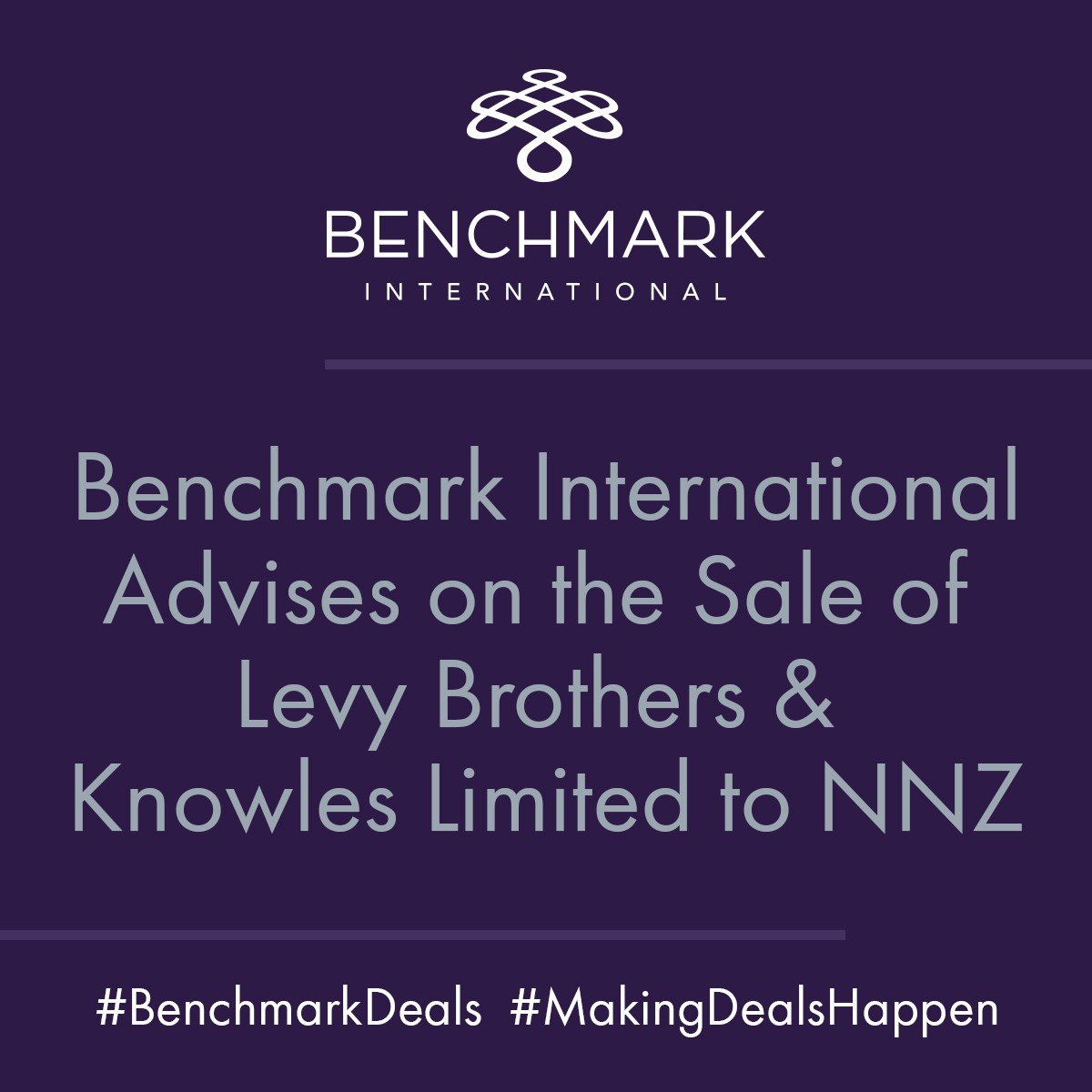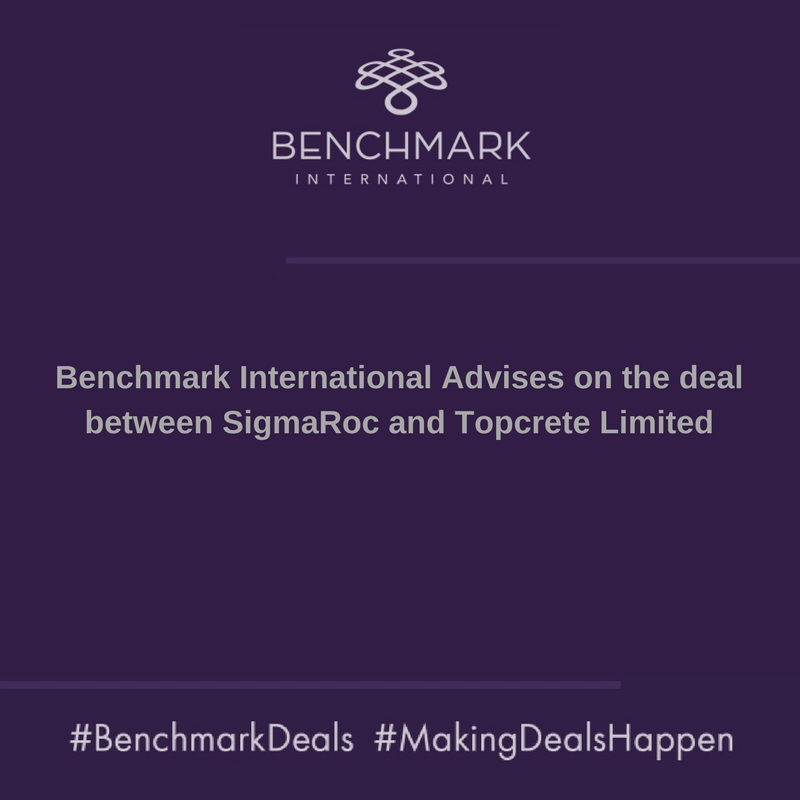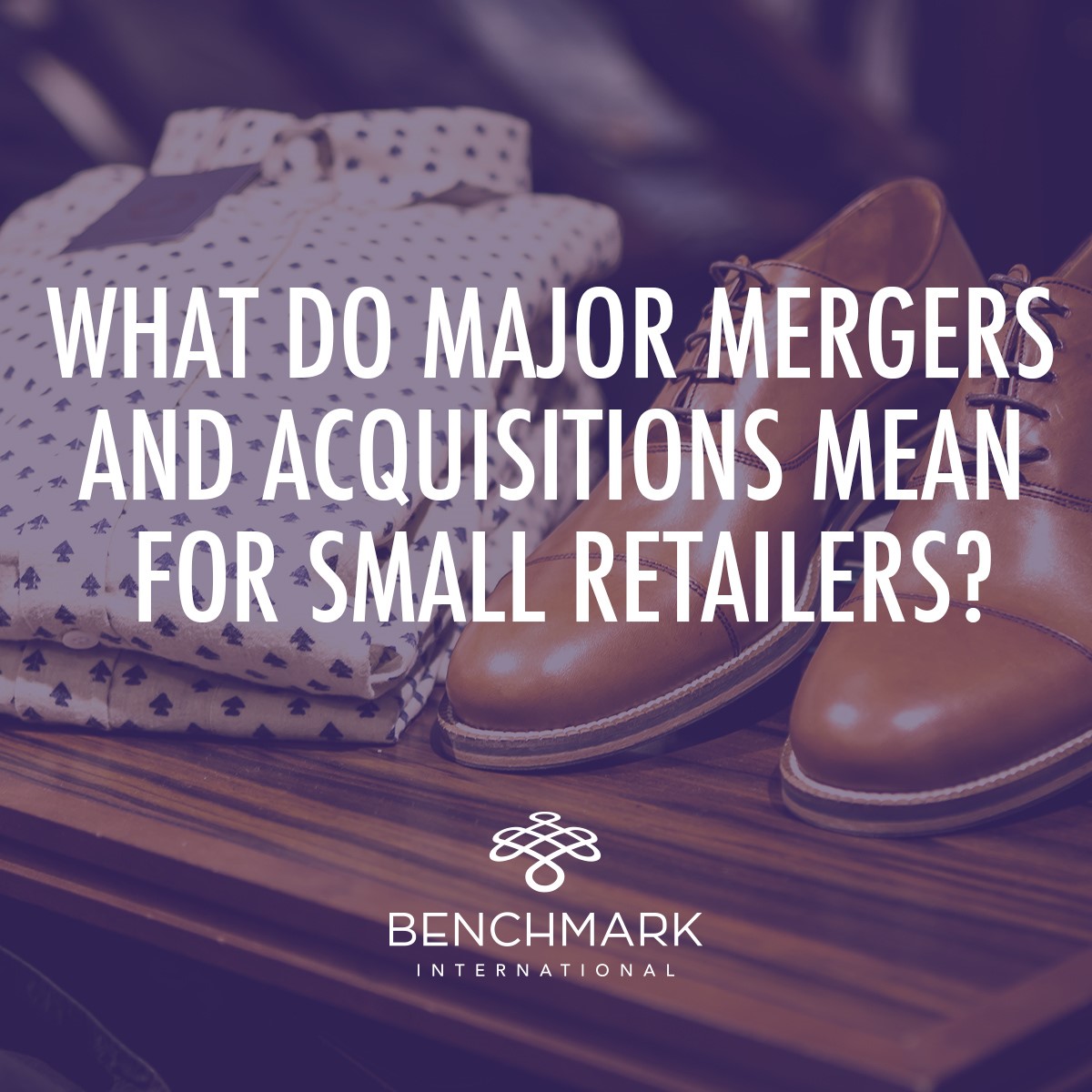Benchmark International has successfully facilitated the acquisition of FullfillPlus, Inc to a private group of buyers. Benchmark International worked diligently to find a Buyer that was a good cultural fit for the business and would allow for the owners of FulfillPlus, Inc to achieve their personal and professional goals.
FulfillPlus, Inc offers a wide range of fulfillment, warehousing, order processing, kitting, assembly, and shipping services tailored to meet their client’s exact marketing needs. They are a single-source supplier for all services related to delivering clients’ products to their clients in a timely and cost-efficient manner. Centrally located on the Gulf Coast, near the Port of Houston, they are ideally situated to handle large and small clients that manufacture in the United States or import products from as far away as China and India to reach their clients efficiently.
The Buyers are part of a company with investment holdings in diverse market segments including hospitality, real estate development, and manufacturing. With a large international presence, the firm was looking to diversify its holdings in both market segment and geography and had a particular interest in the logistics business.
FulfillPlus, the Seller, and the Buyers are pictured together.
Benchmark International was able to procure for FulfillPlus, Inc a buyer that met their financial goals while also being an ideal cultural fit. Benchmark International corresponded with numerous potential buyers and the owners of FulfillPlus, Inc had several in-person meetings and offers to choose from however once they had the opportunity to meet with the representatives from the buyers, both parties knew immediately that FulfillPlus would be a great fit for both.
Benchmark International’s Senior Associate, J.P. Santos, commented “The Benchmark International team is ecstatic that Chuck and Michele, the owners of FulfullPlus, chose a buyer that is going to contribute to the continued growth of the company. Chuck and Michele were communicative, responsive, and collaborative through the Benchmark 360 process. Ultimately, the transaction will allow Chuck and Michele to reap the rewards of years of hard work while continuing to focus on the positive trajectory the company is on and enjoy more leisure time. This was a great result and we couldn’t be happier for all parties.”
Charles Gleason, CEO of FulfillPlus wrote a beautiful letter to the Benchmark International team regarding his experience working with us:
Dear J.P. and entire Benchmark Team:
Michele & I would like to thank you for the great job your entire team did helping us sell our company. We selected Benchmark because of the professionalism shown by all of your representatives as well as the breadth and scope of your company.
Being the founder of this business, it wasn’t easy for me to decide to sell it. We had been so focused on running the company for so many years, dealing with day-to-day issues, we never had time to even think about selling, and I wasn’t quite sure I really wanted to. But we knew we needed some sort of exit strategy for retirement and decided to at least sit-down and review the process with your team. Your team answered all of our concerns and made us feel comfortable enough to initiate the selling process. You re-affirmed to me that it would be my decision on who we sell to and there is no time limit on finding the right buyer. I was skeptical, but after going through the process, I now know it's 100% true. You didn’t pressure us to make decisions and focused your efforts on guiding us through the valuation and sales process at our pace. Nowhere along the way did we feel that you were pressuring us for time or a quick decision.
When it came to meeting prospective buyers, you allowed us to review each prospective buyer’s background before they were allowed to see our financials or meet us. You let us meet (on the phone & in person) with each buyer on our own, then scheduled calls to review the meetings and get our feedback on each prospective buyer. When offers were made, you offered insights into buyer tendencies and how we should respond. It was truly a team effort.
We are now 2 weeks past the closing date and have been working day-to-day with the new owners. We feel we made the right decision and are now finding ourselves looking at golf course communities around the country trying to decide where we eventually want to retire. We’re looking at Anthem, Arizona, Palm Spring, Ca, San Antonio, Tx (Hill country), Austin, Tx, and Greensboro, Ga (Lake Oconee). All areas with beautiful homes and golf communities.
Thanks again for all your help and good luck with future sales,
Charles Gleason
CEO
FulfillPlus, Inc.
 Benchmark International
Benchmark International  Benchmark International
Benchmark International 


